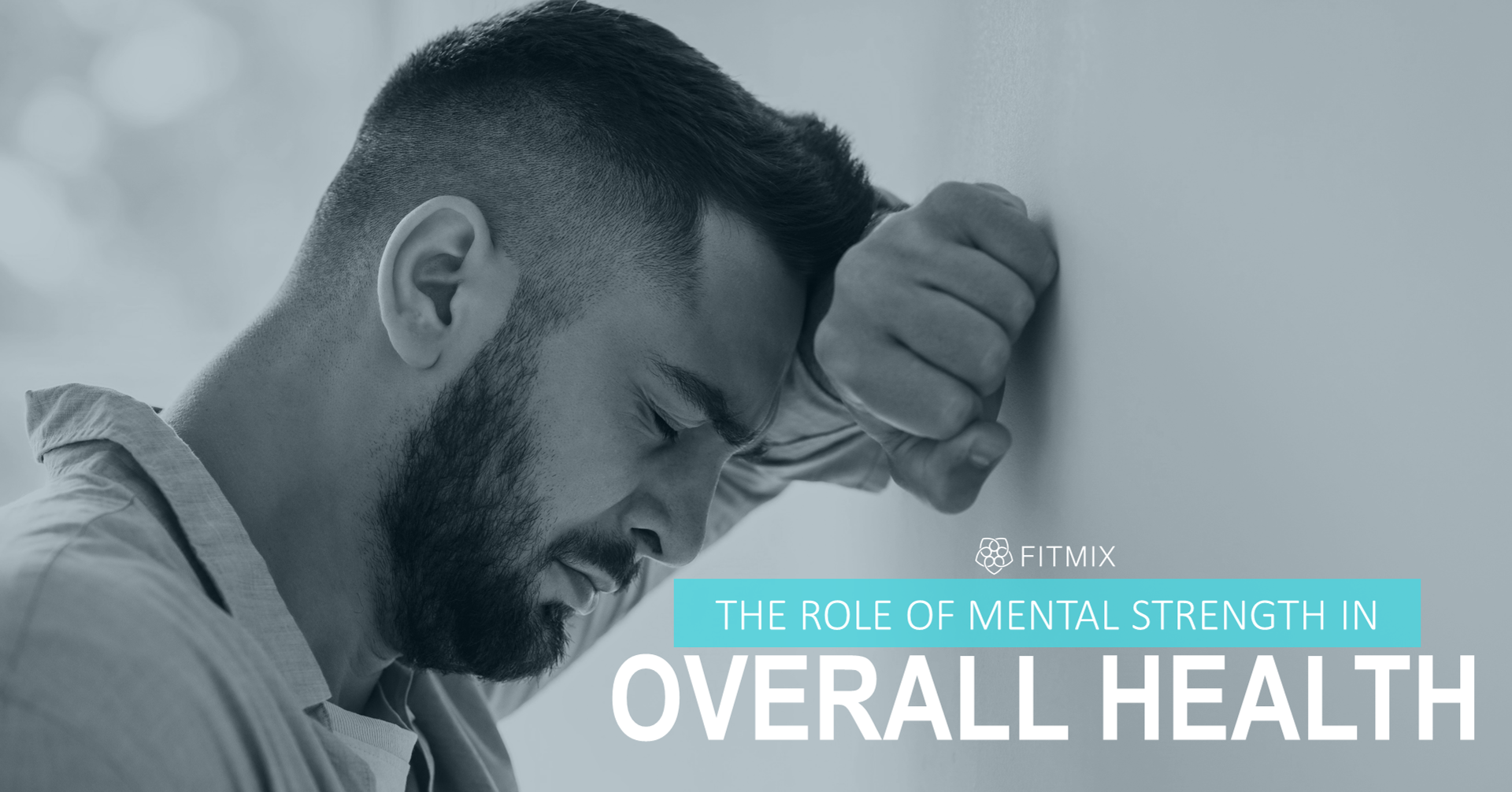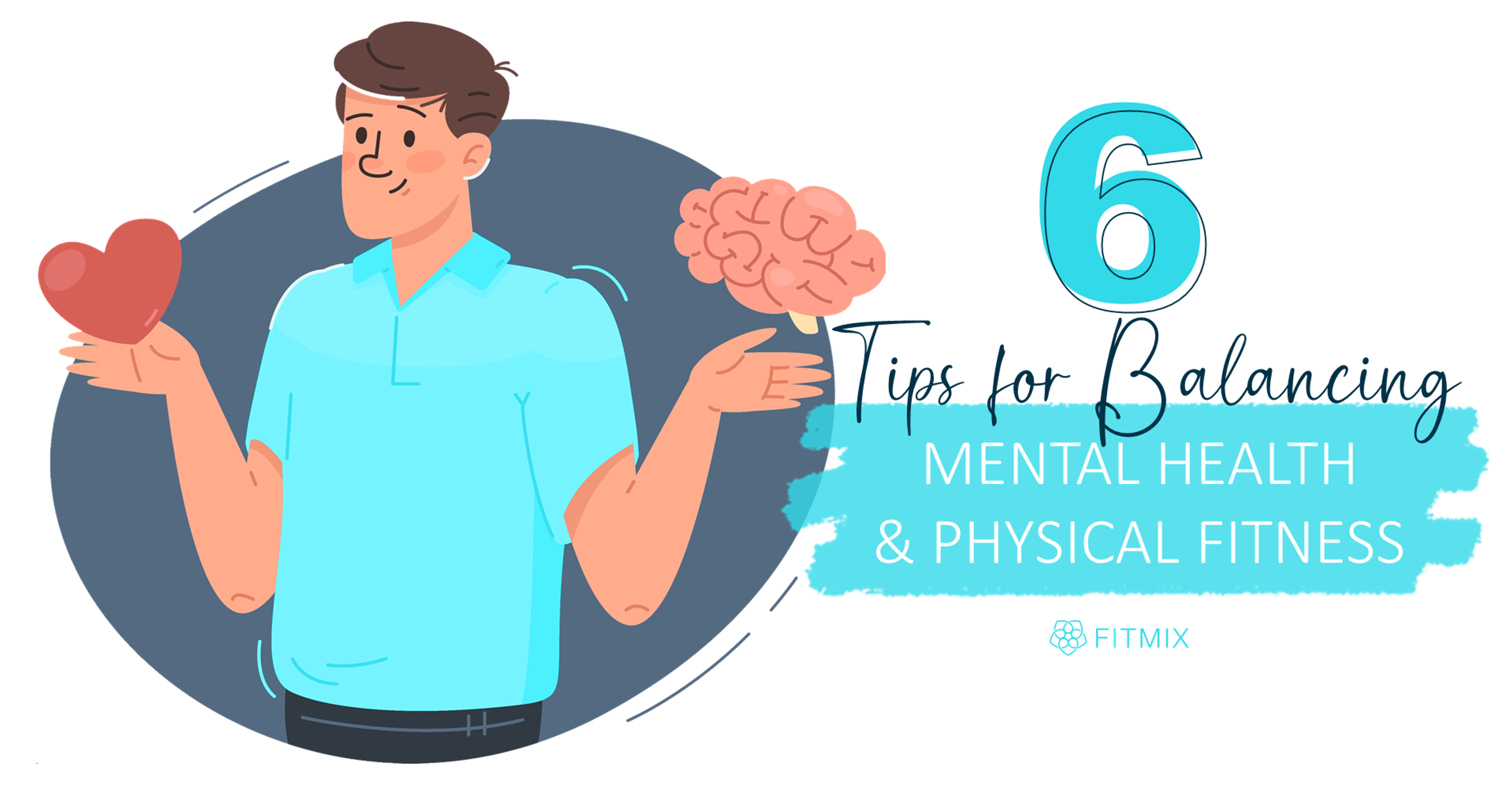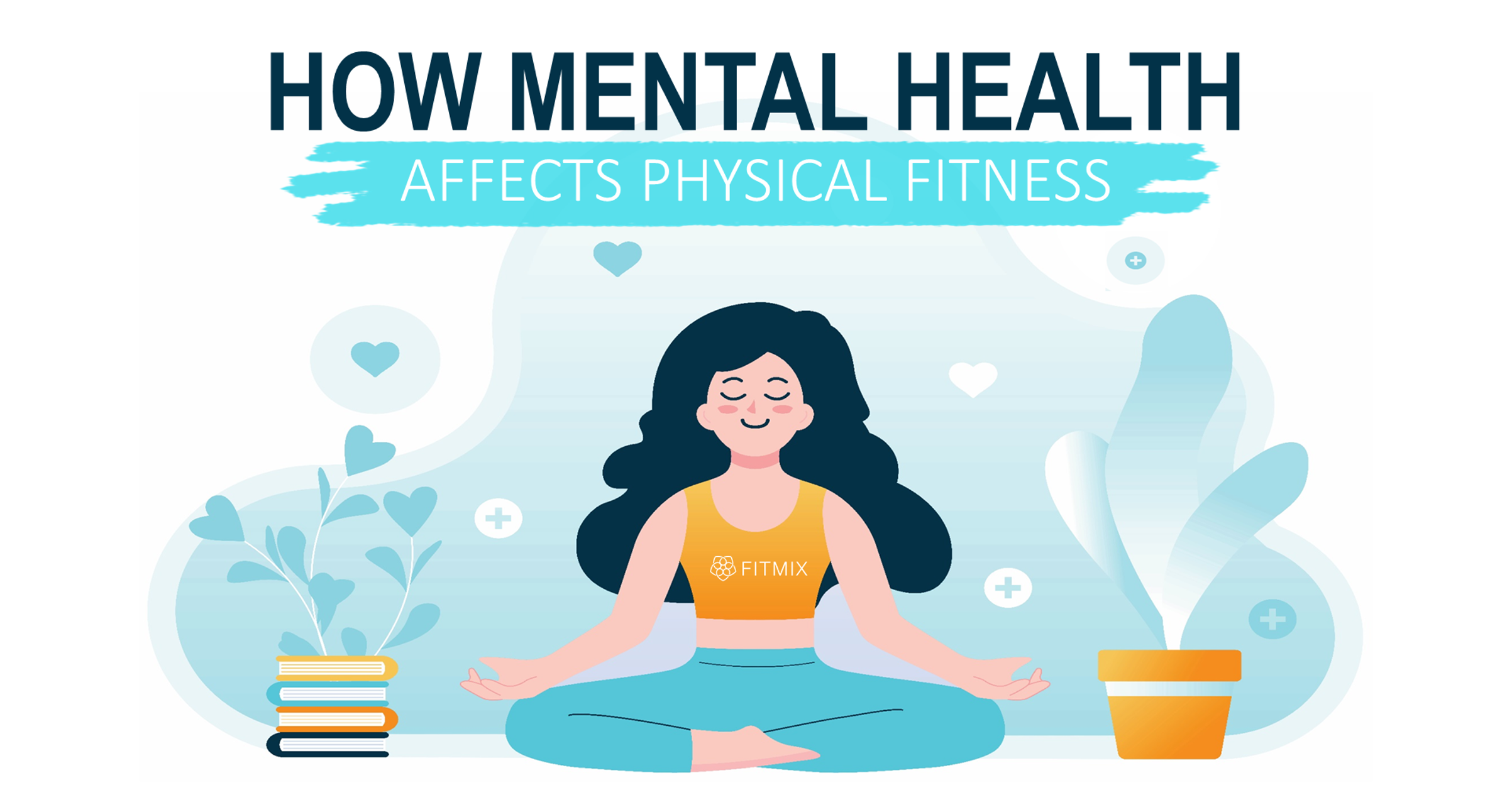The Role Of Mental Strength in Overall Health
 September 30, 2023
September 30, 2023
 0
0
 0
0

We often focus on physical fitness and nutrition in our journey to optimal health. Yet, mental resilience is another critical component that can significantly impact our overall health. A robust level of mental resilience helps us effectively cope with stress and adversity, making it a cornerstone of mental well-being. But what is resilience, and how can we enhance it? Let's dive in.
Understanding Resilience
Resilience refers to the ability to bounce back from stressful or challenging situations. Our mental fortitude helps us adapt to change, handle disappointments, and recover from losses or setbacks. Resilient people view obstacles as opportunities to learn and grow. They understand that struggles are a part of life, not a sign of personal weakness or failure.
The Role of Resilience in Health
The significance of resilience in our health journey cannot be overstated. Being resilient can help mitigate the impact of stress, a major risk factor for numerous physical health conditions, including heart disease, diabetes, and a weakened immune system. Moreover, resilience profoundly impacts mental health, reducing the risk of depression and anxiety.
Building Your Resilience
Building resilience is not an overnight process; it takes time and practice. Here are some strategies to help foster resilience:
- Maintain a Positive Outlook: Keep an optimistic perspective, even when facing adversity. Practice positive affirmations and challenge any negative thoughts.
- Develop a Strong Support Network: Having supportive relationships can bolster your resilience. Don't hesitate to contact trusted friends, family members, or professionals when you need help.
- Embrace Change: Change is a part of life. Embrace it rather than resist it. Seeing change as an opportunity for growth can enhance your adaptability and resilience.
- Take Care of Your Physical Health: Regular exercise, a balanced diet, and adequate sleep can boost your mood, give you energy, and strengthen your resilience.
- Practice Mindfulness and Meditation: These techniques can help you stay focused on the present, reducing stress and promoting resilience.
Conclusion
In our quest for better health, fostering mental resilience is just as crucial as physical fitness. By practicing the abovementioned strategies, you can build resilience and cultivate a more positive outlook on life's challenges. Remember, it's not about avoiding adversity but equipping ourselves to navigate it. By strengthening our resilience, we empower ourselves to handle whatever life throws our way.
Subscribe to My Newsletter
Fill your email below to subscribe to my newsletter
Comments (00)
Be the first to comment!
Leave a Reply
Your email address will not be published. Required fields are marked *





